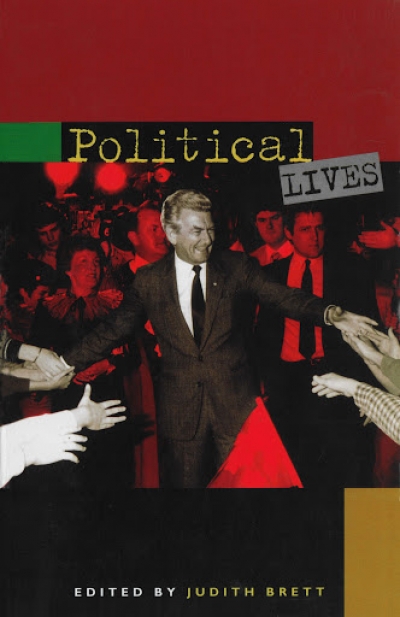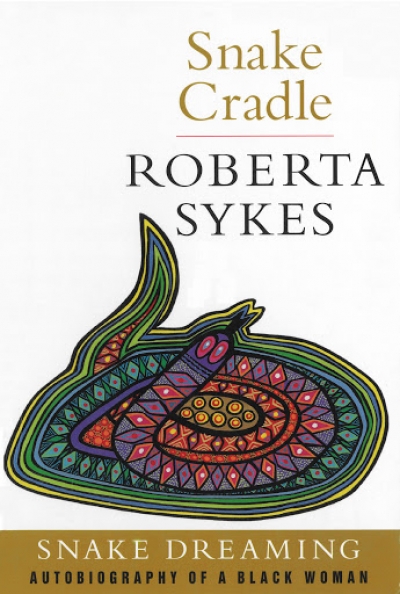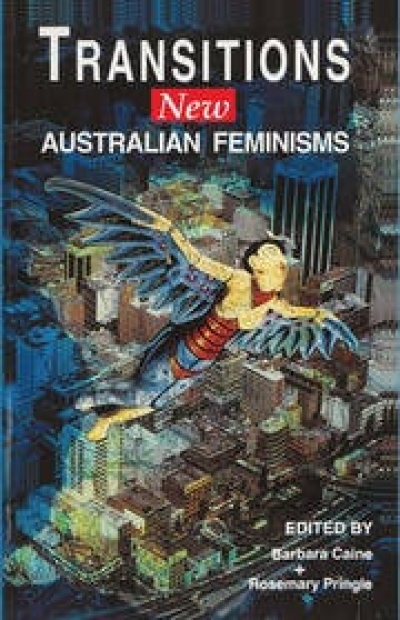Allen & Unwin
The Virtual Republic: Australia’s culture wars of the 1990s by McKenzie Wark
by Gerard Windsor •
Snake Cradle: Autobiography of a black woman by Roberta Sykes
by Alexis Wright •
Here’s the first in a new series from the indefatigable pen of Jennifer Rowe. Verity Birdwood is still going strong, at last check: it wasn’t so long ago that I reviewed Lamb to the Slaughter in these pages. And, of course, as Emily Rodda, Rowe has turned out a couple of dozen Teen Power books, attracting several Children’s Book Awards. She is every inch a professional writer.
... (read more)The Silence Calling: Australians in Antarctica 1947–97 by Tim Bowden
by Peter Pierce •
The Abundant Culture, Meaning and Significance in Everyday Australia edited by David Headon, Joy Hooton, and Donald Horne
by Humphrey McQueen •
Transitions: New Australian feminisms edited by Barbara Caine and Rosemary Pringle
by Barbara Brook •










